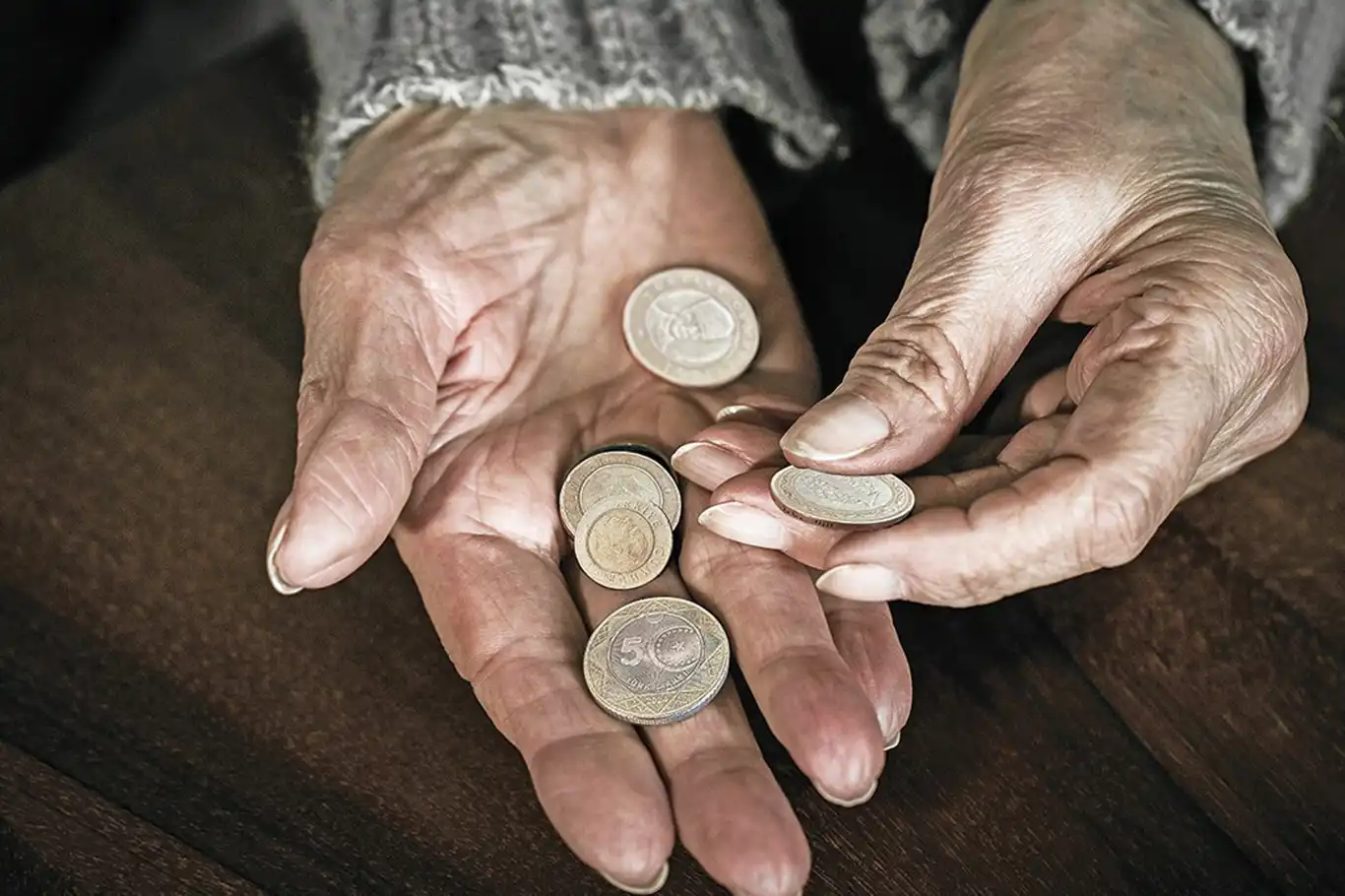Türkiye's poverty rate remains steady at 13.6% in 2024


The Turkish Statistical Institute announced on Monday that the relative poverty rate in Türkiye has increased to 13.6% in 2024, a slight rise from 13.5% in 2023.
The data is based on the Income and Living Conditions Survey, which reflects income information from the year 2023.
The survey calculates income and poverty by converting household income into equivalent household disposable income, considering the household's size and composition. The at-risk-of-poverty rate, set at 50% of median equivalized household disposable income, increased by 0.1 points to 13.6%. However, the rate set at 60% of median equivalized household disposable income decreased by 0.1 points to 21.2%. Other thresholds showed similar slight decreases.
One-person households had the lowest poverty rate at 6.5%, while multi-person non-family households saw an increase to 10.8%. Extended-family households experienced a rise to 17.9%, and one-family households showed a slight increase to 13.4%.
The highest poverty rate was observed among individuals with no degree, at 24.7%. Those with less than a high school education had a poverty rate of 13.6%, while high school graduates had a rate of 7.4%. Higher education graduates had the lowest poverty rate at 2.7%.
The severe material and social deprivation rate, defined as the rate of individuals unable to afford at least seven out of thirteen basic items, decreased from 14.4% in 2023 to 13.3% in 2024.
The persistent at-risk-of-poverty rate, indicating individuals below the poverty threshold for the current year and at least two of the preceding three years, increased to 13.7%.
The lowest relative at-risk-of-poverty rate was observed in the TRC1 region (Gaziantep, Adıyaman, Kilis) at 4.7%, while the highest rates were in TR71 (14.6%) and TR82 (12.3%).
The at-risk-of-poverty or social exclusion rate stood at 29.3%, with the highest rates among individuals aged 0-17 (38.9%).
In 2024, 31.3% of the population reported issues with their dwellings, such as leaking roofs and damp walls. Additionally, 30.2% had heating problems due to poor insulation, and 21.7% faced environmental problems like pollution.
The percentage of the population with installments or loans decreased to 56.8%. Household expenses were reported as a heavy burden by 12.5% of households, while 71.2% indicated a slight burden.
The proportion of the population living in their own dwellings decreased slightly to 56.1%, with 28% living in rented houses. (ILKHA)
LEGAL WARNING: All rights of the published news, photos and videos are reserved by İlke Haber Ajansı Basın Yayın San. Trade A.Ş. Under no circumstances can all or part of the news, photos and videos be used without a written contract or subscription.
Türkiye’s gross domestic expenditure on research and development (GERD) reached 651 billion 822 million TRY in 2024, marking a substantial increase of 274 billion 279 million TRY compared to the previous year, the Turkish Statistical Institute (TÜİK) reported on Monday.
The Turkish Statistical Institute (TurkStat) reported on Friday that 196,338 road motor vehicles were registered in September 2025, reflecting an 8.7% decrease compared to the previous month.
Türkiye’s official international reserves have climbed to a new record level of $189.7 billion as of October 10, according to data released Thursday by the Central Bank of the Republic of Türkiye (CBRT).
Türkiye’s Central Bank will not allow demand-side pressures to undermine its ongoing efforts to curb inflation, Governor Fatih Karahan declared during a presentation in Washington on Wednesday.